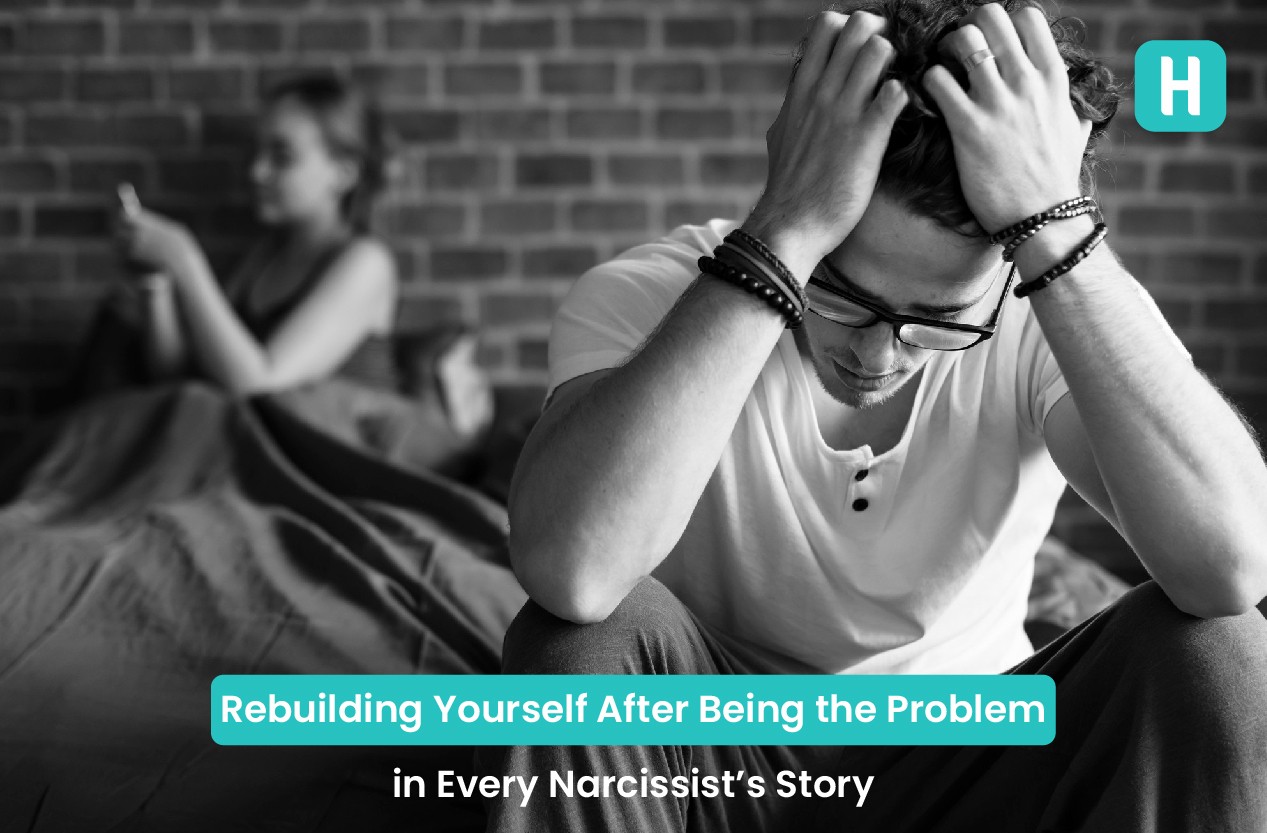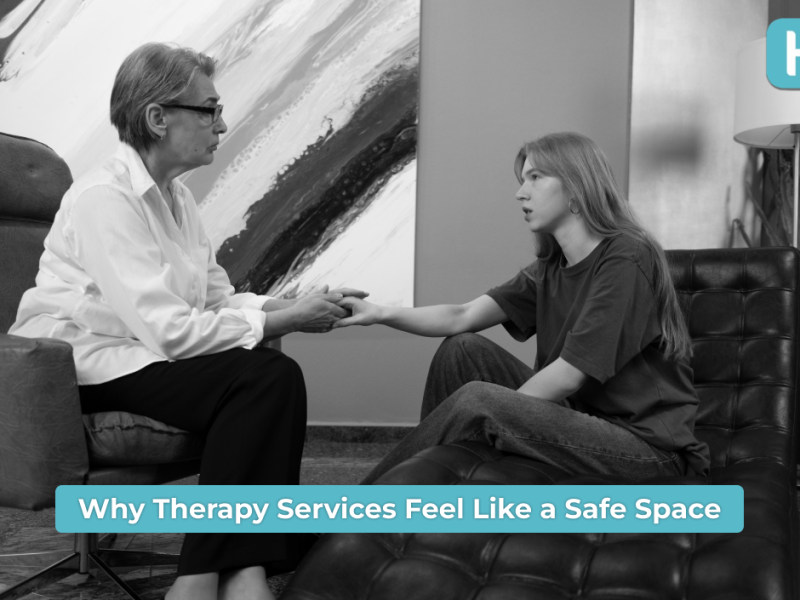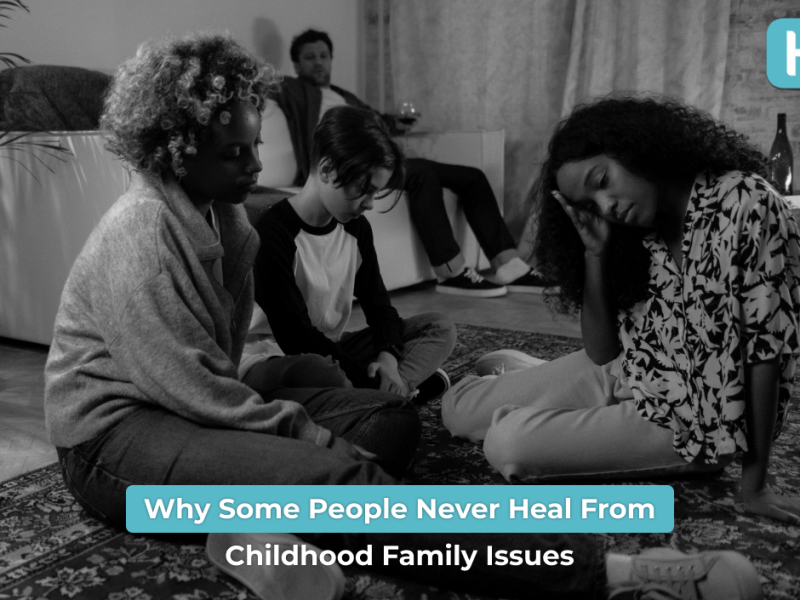You gave your heart. You tried to be enough. You tried to fix things, explain yourself, tone it down, and make them stay. But no matter how much love you gave, you still became the villain in the end.
In every narcissist story, you’re the problem. You’re the “crazy one.” You’re the one who “never understood them.” You’re the reason things didn’t work out. You carry that label long after they’ve moved on, charming others with the same mask they wore for you.
It’s confusing. It’s exhausting. It’s unfair. But it’s not the end of your narcissist Story.
This is where your story begins again.
When Being the “Problem” Was the Only Role You Were Given?
At first, they made you feel special. Like no one had ever seen you like they did, they mirrored your values, said the right things, and made you feel like you had finally found peace. But over time, things shifted. You were walking on eggshells. You were over-explaining yourself for things that weren’t even wrong. You were constantly apologizing, just to keep the air calm.
Then came the blame. The rewriting of reality. The moments you couldn’t trust your own memory.
That’s what being part of a narcissist story feels like. They don’t just control the relationship; they control the narrative. And in their version, they’re always the victim. You? You’re the storm that ruined everything.
But that story? It’s not the truth.
You Weren’t the Abuser, You Were Just Trying to Survive
Let’s say it out loud. You weren’t toxic. You weren’t too much. You weren’t difficult to love.
You were a human being reacting to constant emotional confusion. That’s what happens in narcissistic abuse. You lose your sense of reality.
You’re not alone. Many people trying to recover from narcissistic abuse ask the same questions:
- “What if it was me?”
- “Why can’t I stop feeling guilty?”
- “What if everyone else believes them?”
These questions aren’t signs of guilt. They’re signs that you cared, that you took responsibility. That you had a conscience.
And that is the first proof that you were not the narcissist.
1: Stop Internalizing a False Version of You
Here’s the hard truth: if you keep living in the version of you painted by the Narcissist Story, you’ll never heal.
Their story is not your truth.
Let’s rewrite it. Let’s choose your words now.
You tried. That makes you caring.
You forgave too much. That makes you generous.
You stayed through the hurt. That makes you loyal, not weak.
Gaslighting recovery begins when you take back the pen.
You no longer need to accept their version of you.
2: You’re Allowed to Grieve, Even If They Hurt You
Grief doesn’t always come after death. It comes after illusions. And loving a Narcissist Story is like loving a dream.
You weren’t just letting go of a person; you were letting go of the version of them you thought was real.
Let yourself cry for that. Let yourself mourn the hope you had. That grief is sacred. It means your heart still works. You still feel. That’s a gift.
Healing after a narcissistic relationship doesn’t mean “moving on” quickly. It means facing every wave of pain until the tide turns.
3: Be Gentle With the Version of You That Stayed
People will say, “Why didn’t you leave sooner?”
But they don’t know how narcissists break you down.
- They don’t know how kind words are used to hook you.
- They don’t know how apologies are timed to confuse you.
- They don’t know how love is dangled just out of reach to keep you trying.
You didn’t stay because you were foolish. You stayed because you hoped.
That’s not a flaw. That’s humanity.
Rebuilding self-worth after abuse begins by offering compassion to the version of you that kept going. You did what you thought was right. That deserves love, not shame.
4: Speak to Yourself Like Someone You Love
You’ve heard their voice in your head for so long, it’s easy to forget your own.
- “I’m difficult.”
- “I’m always the one to blame.”
- “No one will ever understand me.”
Stop. Take a deep breath. Let’s try something else:
- “I’m learning.”
- “I’m healing.”
“I deserve kindness, even from myself.”
Every time you say something gentle to yourself, you chip away at the voice they planted in your mind. That’s the work of narcissist scapegoat healing.
5: Learn What Safe Love Actually Feels Like
If you were raised or conditioned around a Narcissist Story, you might confuse love with intensity. With drama. With pain.
You might think love is supposed to hurt a little. That love always demands sacrifice. That love means constantly proving your worth.
But that’s not love. That’s survival mode.
Real love is not chaotic. It’s not full of confusion. It feels safe. It gives you space to breathe. It doesn’t turn your silence into guilt or your tears into weakness.
The more you heal, the more you’ll realize what you deserve. And it’s nothing like what the narcissist story made you believe.
6: You Don’t Have to Defend Your Side Anymore
One of the hardest parts of recovering is when the narcissist tells your mutual friends their side of the story. And they make it sound so reasonable. So believable. You want to scream, to explain yourself, to prove you’re not what they say.
You don’t have to.
Let people believe what they want. You’re not responsible for correcting their false reality.
You’re responsible for healing yourself.
The best revenge is not clearing your name in their story, it’s reclaiming your life and finding peace outside their reach.
Healing after narcissistic relationship means slowly learning to trust yourself again, piece by piece, after someone taught you to doubt your every thought and feeling.
7: Boundaries Are Not Meant to Be Justified
When you say no and someone gets angry, that doesn’t mean your boundary was wrong. It means it was needed.
Maybe you were taught that setting boundaries makes you “mean.” Or that walking away makes you “selfish.”
That’s what they wanted you to believe. That’s how narcissists maintain control.
But you know better now.
Boundaries are a form of love.
- They say: “I will not abandon myself anymore.”
Whether it’s blocking a number, declining a call, or just saying “I need space”, every boundary you set is a brick in the new foundation of your healing.
That’s how gaslighting recovery becomes strength.
8: Let the Healing Be Messy
There will be days you miss them.
Days you doubt yourself.
Days you want to run back just to feel understood.
That doesn’t make you weak. That makes you real.
Narcissistic abuse recovery is not a straight road. Some days, you’ll feel strong. Other days, you’ll fall into old patterns
But each time you choose yourself, even a little, you’re healing.
You don’t have to be perfect to start again. You just have to be willing to try.
9: You Are Not the Problem. You Were the Mirror.
Narcissists can’t handle their own reflection. When you showed them who they were through your empathy, your honesty, your hurt, they couldn’t face it. So they blamed you. They turned their fear into your label.
- You became “too sensitive.”
- You became “manipulative.”
- You became “the reason they had to leave.”
But you weren’t the problem. You were the one who saw the truth.
And now, you get to walk away from their narcissist story and begin your own.
How Helply Can Help You Build Your Voice Again?
At Helply, we know what it means to start over. We help survivors of emotional abuse, creatives, coaches, and bold hearts turn their voice into something powerful online through personal branding, thoughtful design, and storytelling that speaks the truth.
If you’re ready to reclaim your space in the world, let’s build something together. Not the story they told, but the one you’ve been waiting to tell.
FAQs
- Why do narcissists always make me the villain?
Because your emotions expose what they try to hide, they can’t face their flaws, so they rewrite the story. You become the scapegoat in every narcissist’s story.
- How do I stop feeling guilty after leaving?
Guilt after narcissistic abuse is common. But that guilt doesn’t mean you did something wrong. It means you had empathy in a place that didn’t return it.
- What’s the first step in healing after a narcissistic relationship?
Start by questioning the lies you were told about yourself. Then, slowly rebuild who you are outside that relationship. Therapy and support help, but self-compassion is key.
- Is it normal to still miss them?
Yes. You’re not missing who they really were; you’re missing the version of them they pretended to be. That’s part of the grief. Let yourself feel it without shame.
- How do I rebuild my self-worth after abuse?
Start by reminding yourself: you were not too much. You were never too emotional. You were deeply human. And that’s not something to fix,it’s something to honor.




